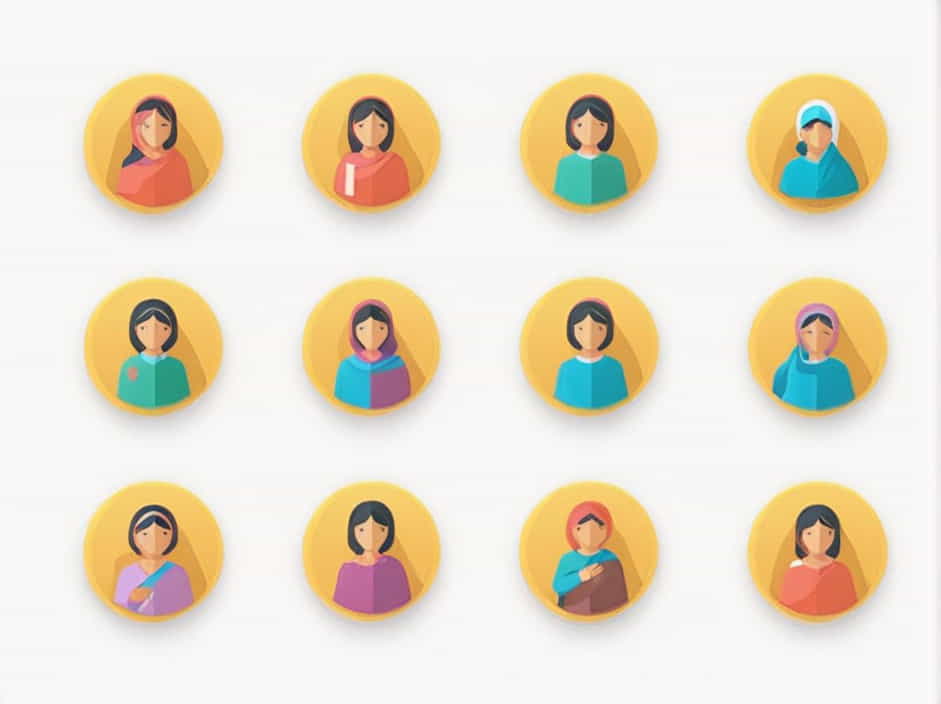Destitute women and children are among the most vulnerable groups in society. They often face poverty, abuse, discrimination, and lack of access to basic resources such as food, shelter, and healthcare. Ensuring their rights and protection is essential for creating a just and equal society.
This topic explores the fundamental rights of destitute women and children, the challenges they face, and the necessary steps to improve their lives.
Understanding Destitution
Destitution refers to a severe lack of basic necessities such as food, water, clothing, and shelter. It often results from:
-
Extreme poverty
-
Abandonment or displacement
-
Natural disasters or wars
-
Domestic violence and abuse
Women and children are the most affected because they are often financially and socially dependent on others.
Fundamental Rights of Destitute Women
Destitute women have the right to live with dignity and access essential resources. Some of their fundamental rights include:
1. Right to Shelter
Homeless women face harassment, violence, and health risks. Governments and NGOs must ensure:
-
Safe shelters and housing programs
-
Protection against eviction
-
Support for rehabilitation and reintegration into society
2. Right to Food and Water
Malnutrition is a major issue for destitute women. They must have access to:
-
Food security programs
-
Free meal schemes and ration distributions
-
Clean drinking water and sanitation
3. Right to Healthcare
Many destitute women lack access to medical treatment due to financial constraints. They should receive:
-
Free or affordable healthcare
-
Maternal and reproductive health services
-
Mental health support
4. Right to Education and Employment
Education and employment help women escape poverty. Governments should provide:
-
Free education programs
-
Skill development and vocational training
-
Equal job opportunities and fair wages
5. Right to Protection from Violence
Destitute women are more vulnerable to abuse, trafficking, and exploitation. They need:
-
Legal support and justice
-
Safe spaces such as women’s shelters
-
Strict enforcement of anti-violence laws
6. Right to Legal Identity
Many destitute women lack identification documents, which prevents them from accessing social services. Governments should:
-
Provide birth certificates, ID cards, and legal documentation
-
Simplify procedures for obtaining legal identity
Fundamental Rights of Destitute Children
Children are the future of any society. Destitute children often suffer from hunger, abuse, child labor, and lack of education. Their rights must be protected to ensure a better future.
1. Right to Survival and Nutrition
Every child has the right to:
-
Proper nutrition and healthcare
-
Protection from malnutrition and starvation
-
Access to clean drinking water
2. Right to Education
Education is the key to breaking the cycle of poverty. Destitute children should have:
-
Free primary and secondary education
-
Access to learning materials and teachers
-
School meals to encourage attendance
3. Right to Protection from Exploitation
Destitute children are often victims of child labor, human trafficking, and abuse. Governments must:
-
Enforce strict child protection laws
-
Rescue children from hazardous labor
-
Provide safe rehabilitation programs
4. Right to Shelter and Family Care
Homeless children need a safe and nurturing environment. This includes:
-
Orphanages and foster care
-
Reunification with family (if safe)
-
Government housing schemes for homeless families
5. Right to Healthcare
Children must have access to:
-
Vaccination programs
-
Free medical treatment
-
Mental health and counseling services
6. Right to Legal Identity
Without proper identification, children cannot access essential services. They need:
-
Birth certificates
-
Legal guardianship documentation
-
Citizenship rights
Challenges in Protecting the Rights of Destitute Women and Children
Despite laws and policies, many challenges remain in protecting the rights of destitute women and children.
1. Lack of Awareness
Many destitute individuals are unaware of their rights, making them vulnerable to exploitation and neglect.
2. Insufficient Government Support
Government programs are often underfunded and poorly managed, limiting their impact.
3. Corruption and Inefficiency
Corruption in welfare schemes prevents aid from reaching those in need.
4. Social Stigma and Discrimination
Society often blames and marginalizes destitute women and children instead of helping them.
5. Lack of Coordination Between Agencies
Poor coordination between government agencies, NGOs, and law enforcement leads to ineffective protection.
Solutions to Protect and Empower Destitute Women and Children
Ensuring the rights and well-being of destitute women and children requires joint efforts from governments, NGOs, and communities.
1. Strengthening Legal Protections
Governments must enforce strict laws against exploitation, abuse, and neglect.
2. Expanding Social Welfare Programs
More funds should be allocated for:
-
Free education
-
Healthcare
-
Job training and financial aid
3. Promoting Awareness Campaigns
Educating people about women’s and children’s rights helps prevent exploitation.
4. Encouraging Community Involvement
Communities should actively support shelters, food programs, and education initiatives.
5. Improving Law Enforcement
Authorities must take strict action against child labor, abuse, and violence.
6. Strengthening NGO and Government Partnerships
Collaborations between government agencies and non-profit organizations can provide better support.
Destitute women and children have basic human rights that must be protected and upheld. Access to food, shelter, healthcare, education, and legal protection is essential for their survival and future development.
By raising awareness, strengthening laws, expanding welfare programs, and encouraging community support, society can help uplift the lives of the most vulnerable and ensure a brighter future for all.
